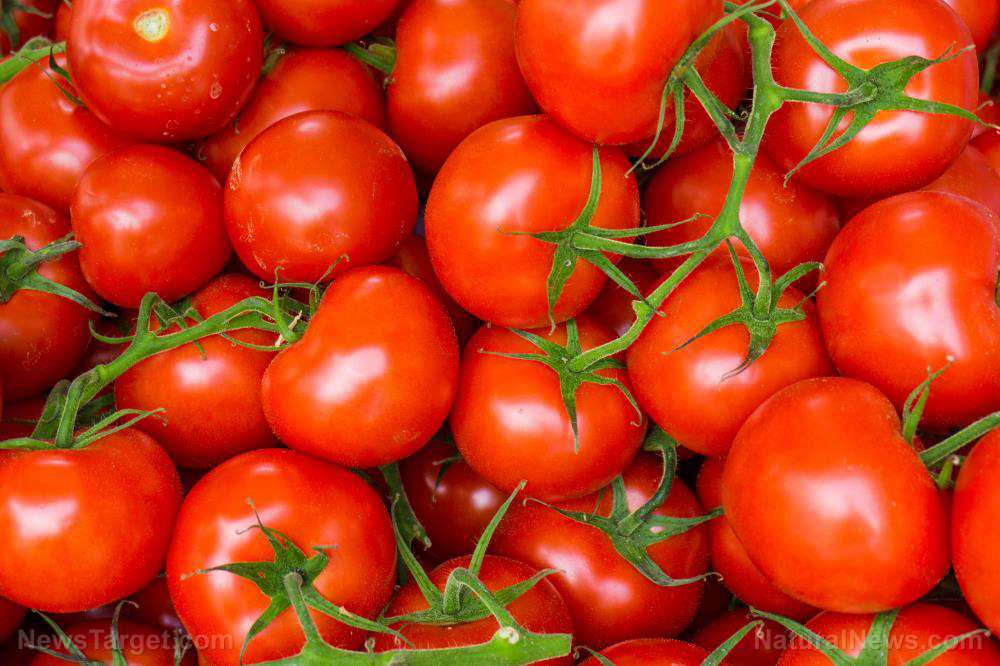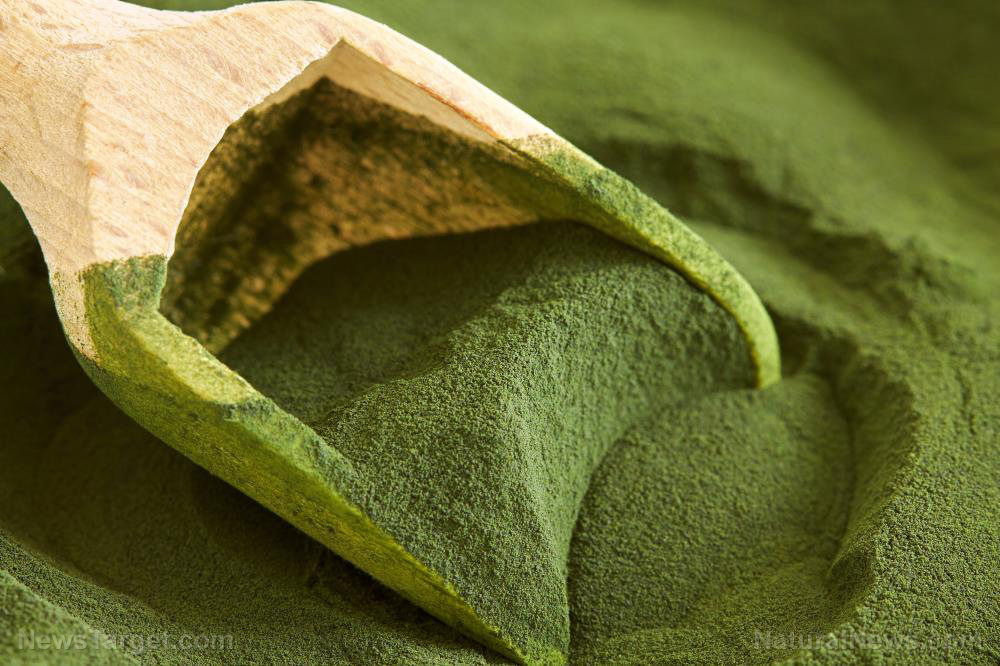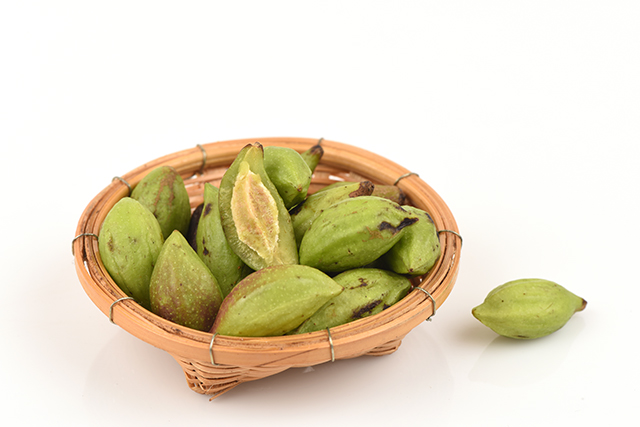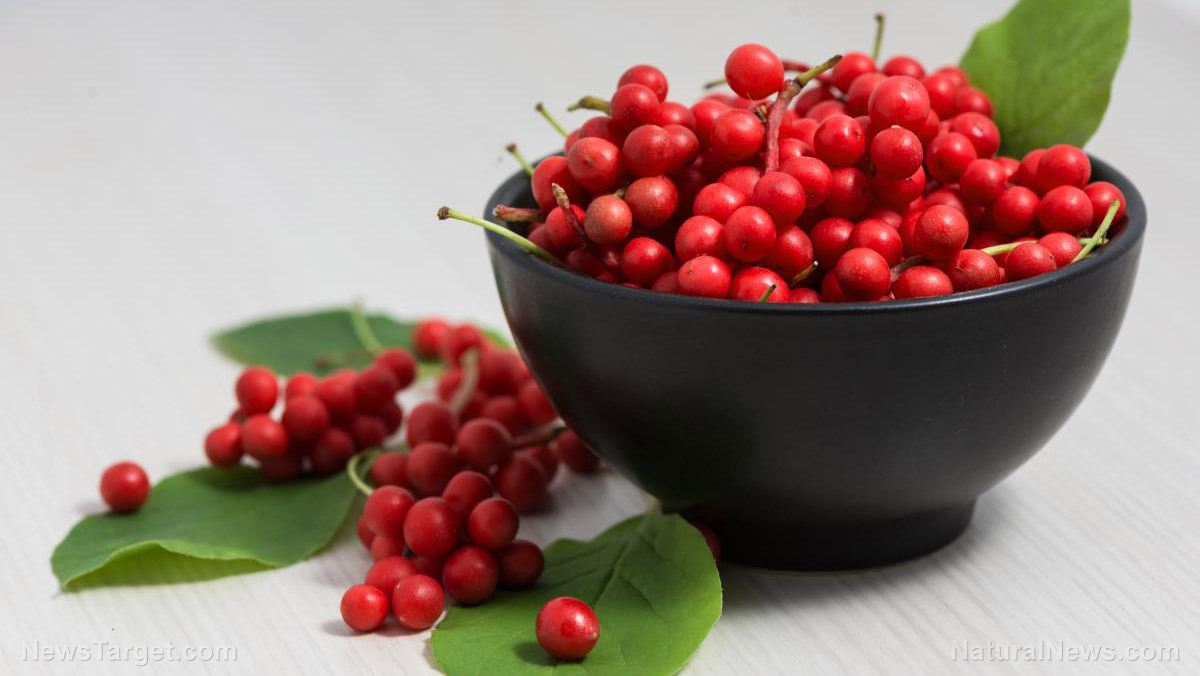Noni is great for your colon
12/21/2018 / By Michelle Simmons

You can keep your digestive system healthy with the help of fermented noni (Morinda citrifolia L.) fruit. A study published in the Journal of Medicinal Food found that consuming fermented noni fruit may help prevent inflammatory-related diseases of the colon.
In the study, researchers from Chung Shan Medical University in Taichung, Taiwan looked at the effects of fermented noni fruit extracts on colon microflora and inflammation of colon epithelial cells. While noni fruit has been known to possess various bioactivities, its effect on gut health has not yet been known. For the study, the researchers used the ethanol and ethyl acetate extracts of fermented noni fruit and tested the anti-inflammatory activities of these extracts on Caco-2 cells.
The results of the study revealed that the ethanol extract of fermented noni fruit promoted the growth of Lactobacillus and Bifidobacterium species, which are good gut bacteria. On the other hand, the ethyl acetate extract of fermented noni fruit reduced intracellular reactive oxygen species and significantly inhibited cyclooxygenase-2 (COX-2), interleukin-8 (IL-8), and prostaglandin E2 production and neutrophil chemotaxis. These anti-inflammatory effects of fermented noni fruit were primarily due to quercetin.
These results indicate that fermented noni fruit promoted probiotic growths and decreased the intracellular oxidation and inflammation in Caco-2 cells. Based on these findings, the researchers concluded that fermented noni fruit might protect against inflammatory diseases of the colon.
Other benefits of noni fruit
This greenish-white fruit called noni fruit has long been used by Polynesian herbalists and folk medicine practitioners for its medicinal properties. The noni tree is said to have originated in Southeast Asia, but it is now grown in most tropical regions of the world. Here are some of the potential health benefits that the noni fruit can provide:
- It has analgesic properties: Traditionally, noni fruit has been used to relieve the pain caused by inflammatory conditions such as arthritis. A team of researchers from Germany looked at the effects of noni fruit in decreasing pain sensitivity in an animal study. They added a 10 percent solution of freeze-concentrated noni fruit puree to the drinking water of mice. Then, they subjected the mice to pain with the use of a hot plate test. Results revealed that the noni juice caused a reduction in pain sensitivity similar to that of tramadol, a prescription analgesic used to relieve moderate to severe pain.
- It helps decrease cholesterol levels: Having high blood cholesterol levels puts you at risk of developing cardiovascular disease. In a study conducted by a team of Pakistani and Saudi researchers, it was found that the water- and ethanol-based extracts of noni fruit, leaves and roots significantly reduced cholesterol and triglyceride levels in animals.
- It helps fight against bacteria: In traditional medicine, noni fruit has been used to treat infections caused by bacteria. A team of researchers from India evaluated this effect by conducting a study aimed to determine how effective noni fruit extracts would be against three common bacteria responsible for a variety of diseases. They prepared extracts from dried noni fruit powder using various agents. Results revealed that all noni fruit extracts showed moderate antibacterial activity against E. coli, Staphylococcus aureus, and Proteus vulgaris. (Related: Noni Juice- Boosts Immune System, Fights Parasites, Helps Diabetics & Even Combats Cancer.)
- It may protect against stroke damage: Drinking noni fruit juice may help protect you from the damage that a stroke can bring. An animal study conducted by Japanese researchers found that the antioxidant and anti-inflammatory properties of noni juice would protect laboratory mice from the brain damage caused by a temporary interruption of brain blood flow.
Read more news stories and studies on natural antioxidants like noni by going to Antioxidants.news.
Sources include:
Tagged Under: alternative medicine, anti-inflammatory, Colon, Colon Health, colon microflora, digestive health, digestive system, fermented foods, fermented noni fruit, fruits, gut health, herbal medicine, Herbs, inflammation, inflammatory diseases, intestinal, intestinal health, medicinal plants, natural cures, natural healing, natural medicine, natural remedies, noni, noni fruit



















